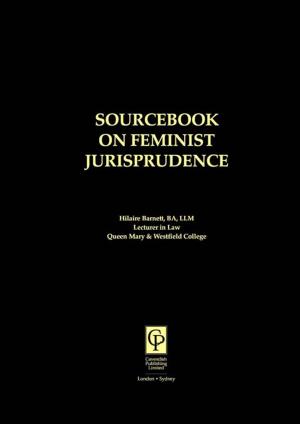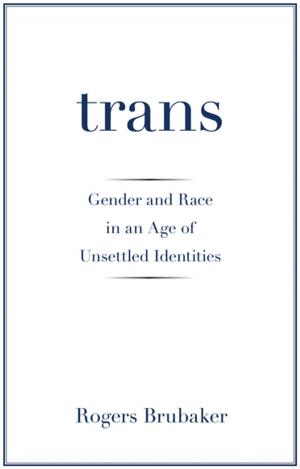Trans/Substantiation: The Metaphysics of Transgender
Nonfiction, Religion & Spirituality, Philosophy, Metaphysics, Social & Cultural Studies, Social Science, Gender Studies| Author: | Alan McManus | ISBN: | 9781370268900 |
| Publisher: | Alan McManus | Publication: | June 18, 2017 |
| Imprint: | Smashwords Edition | Language: | English |
| Author: | Alan McManus |
| ISBN: | 9781370268900 |
| Publisher: | Alan McManus |
| Publication: | June 18, 2017 |
| Imprint: | Smashwords Edition |
| Language: | English |
Sexual politics gets very personal as radical second wave feminists raise fears about persons with penises in female public toilets; midwives are instructed that the word ‘mother’ is discriminatory to pregnant trans men; and transactivists relate their experience of exclusion from female space and feminist solidarity. Queer theory has led to the umbrella term ‘transgender’ being used for transsexual and transvestite people alike, and sometimes also to genderqueer or non-binary people who are not necessarily people with an intersex trait. Gender is also the basis of religious conflict over ministry and sexual ethics and the centuries-old pious but acrimonious debate on the reality and mode of change and presence, in the Christian ritual of Holy Communion, continues without resolution.
What these two debates have in common is that on one side of each there is an assertion of a reality inaccessible to, and independent of, the evidence of the five human senses; on the other side of each there is an assertion of the distinction between symbol, similarity and identity.
The difference lies in the nature of the assertion. Catholics who believe in transubstantiation (that bread and wine become only body and blood) use the mediaeval language of scholasticism to explain their belief in this mystical change and presence. In contrast, some transactivists do not put forward their assertion (that a man can undergo a transition and become a woman, retroactively, or vice-versa) as a belief but as a fact that must be accepted irrespective of any lack of medical evidence and irreducible to personal psychology.
Whereas Catholics consider those who do not accept their assertion to be lacking in faith, but not necessarily in goodwill or intelligence, transactivists accuse their doubters of transphobia and while respecting their right to free speech, deny them a platform to exercise it.
Noting that Catholics are not committed to any particular language in which to express this assertion, this book offers a new interpretation of change and presence – one that may also be helpful to those engaged in debate over transgender. This interpretation concerns ontology, the academic discipline of being or ‘the nature of nature’.
Sexual politics gets very personal as radical second wave feminists raise fears about persons with penises in female public toilets; midwives are instructed that the word ‘mother’ is discriminatory to pregnant trans men; and transactivists relate their experience of exclusion from female space and feminist solidarity. Queer theory has led to the umbrella term ‘transgender’ being used for transsexual and transvestite people alike, and sometimes also to genderqueer or non-binary people who are not necessarily people with an intersex trait. Gender is also the basis of religious conflict over ministry and sexual ethics and the centuries-old pious but acrimonious debate on the reality and mode of change and presence, in the Christian ritual of Holy Communion, continues without resolution.
What these two debates have in common is that on one side of each there is an assertion of a reality inaccessible to, and independent of, the evidence of the five human senses; on the other side of each there is an assertion of the distinction between symbol, similarity and identity.
The difference lies in the nature of the assertion. Catholics who believe in transubstantiation (that bread and wine become only body and blood) use the mediaeval language of scholasticism to explain their belief in this mystical change and presence. In contrast, some transactivists do not put forward their assertion (that a man can undergo a transition and become a woman, retroactively, or vice-versa) as a belief but as a fact that must be accepted irrespective of any lack of medical evidence and irreducible to personal psychology.
Whereas Catholics consider those who do not accept their assertion to be lacking in faith, but not necessarily in goodwill or intelligence, transactivists accuse their doubters of transphobia and while respecting their right to free speech, deny them a platform to exercise it.
Noting that Catholics are not committed to any particular language in which to express this assertion, this book offers a new interpretation of change and presence – one that may also be helpful to those engaged in debate over transgender. This interpretation concerns ontology, the academic discipline of being or ‘the nature of nature’.















